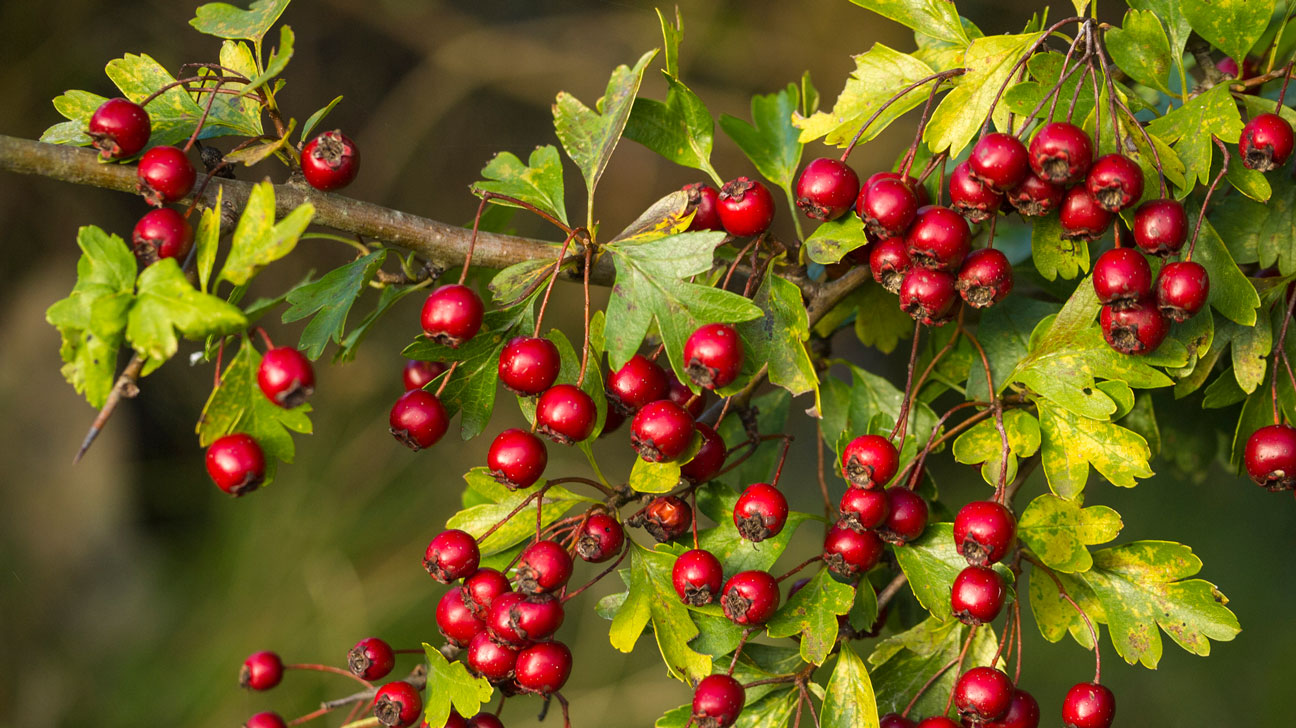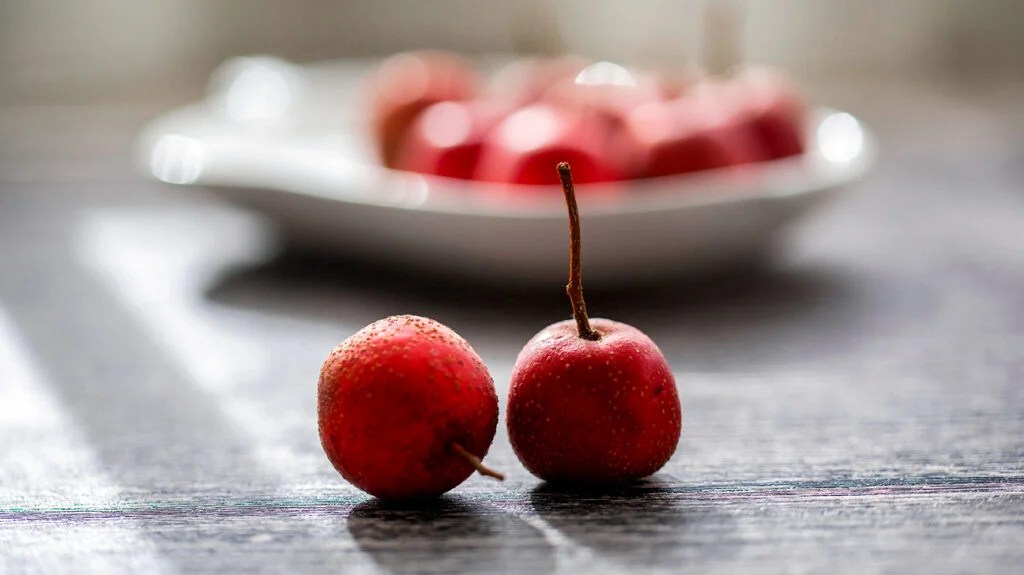You know, I’ve been fiddling around with various natural things for a good while now. Not really looking for miracles, just curious about what folks used before we had a pill for everything. And one of the things that I kept bumping into, and eventually started to properly try out, was hawthorn.
It all started pretty casually. I was at my local market, the kind that has those old-school stalls with dried herbs and fruits. Saw these little red berries, dried hawthorn, and remembered my grandma mentioning them for an upset stomach. So, I thought, why not? Grabbed a small bag. Didn’t really have a plan, just bought them on a whim.
First thing I did was try to make a tea. Just steeped a few berries in hot water. Honestly, the taste was a bit tart, nothing to write home about initially. But I stuck with it for a bit, especially after big meals. And you know what? I did start to feel a bit… lighter? Like my digestion wasn’t working so hard. That was the first noticeable thing for me. Nothing dramatic, just a subtle shift.
So, I got a bit more interested. Started reading up a little, just bits and pieces here and there, nothing too academic. Turns out, people have been using this stuff for ages, not just for digestion, but also for things related to heart health. That got my attention because, well, heart stuff runs in my family, unfortunately.

I started trying different ways to use it. Sometimes I’d throw a few berries into my morning oatmeal. Or I’d make a bigger batch of tea and keep it in the fridge. I even found some hawthorn extract once, though I mostly stuck to the dried berries. It felt more… direct, I guess.
My Deeper Dive and What I Observed
My real deep dive into these kinds of natural remedies, including hawthorn, actually kicked off a few years back. My old neighbor, Mr. Henderson, a lovely old chap, was always pottering in his garden and full of old wives’ tales. He once told me, after I complained about feeling sluggish, “You young folks, always rushing. Try some hawthorn, good for the ticker, good for the pipes!” He was talking about digestion and circulation, in his own way.
So, paying more attention, I noticed a few things over time:
- Digestion, definitely. Like I said, that was the first. Less bloating, things just seemed to move along better, especially if I’d overdone it at dinner.
- A general sense of well-being. Hard to pinpoint, but I just felt a bit more… balanced. Maybe it was the antioxidants I read about, or maybe it was just me paying more attention to my body.
- Circulation, perhaps? Mr. Henderson swore by it for his “creaky joints” in winter, saying it got the blood moving. I can’t say I noticed that dramatically, but I did feel a bit less… cold, if that makes sense, during the chilly months when I was regularly having hawthorn tea.
I also remember my aunt mentioning that her doctor, a pretty open-minded guy, even said hawthorn was generally considered safe and potentially supportive for heart health, alongside her regular meds, of course. Not a replacement, mind you, but as a gentle support. That stuck with me.

It wasn’t like I suddenly transformed or anything. Hawthorn isn’t a magic bullet. But it became one of those things I kept in my pantry. When I felt a bit off, or after a particularly heavy meal, I’d reach for it. It’s a slow, gentle kind of thing. I just learned to listen to my body and see what felt right. I’ve always been more of a “try it and see” kind of person rather than just taking someone’s word for it, or dismissing it out of hand.
So, yeah, that’s my journey with hawthorn. I didn’t conduct any scientific studies, just my own little experiments and observations over the years. It’s been an interesting plant to get to know. For me, it’s just about finding those little natural things that can support overall well-being, without expecting them to be a cure-all. And hawthorn’s been a steady, unassuming presence in that exploration.


